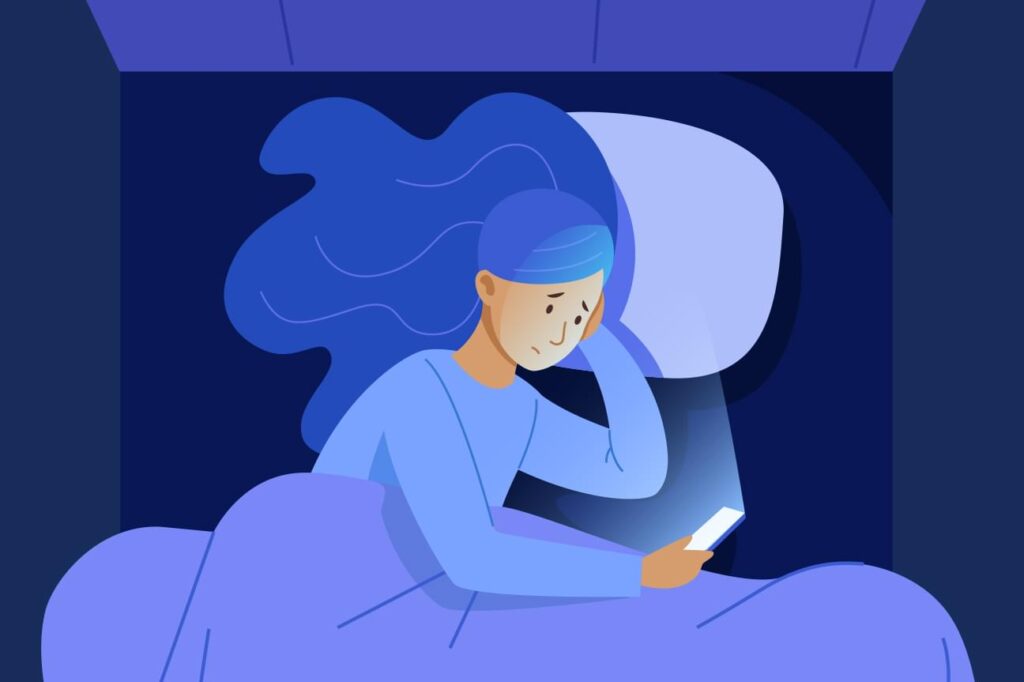
Brigham researchers are shedding light on the alarming amount of medical misinformation about sleep disorders on YouTube. A new study shows popular videos created by bloggers garner significantly more views than expert-led videos, and contain more misinformation and product endorsements. Results are published in the Journal of Clinical Sleep Medicine.
“A lot of popular YouTube videos have clickbait and appeal to shorter attention spans,” says lead study author Rebecca Robbins, PhD, an investigator in the Division of Sleep and Circadian Disorders. “People today often want very bite-sized pieces of information. However, science is fundamentally more nuanced than a one-liner or the 280 characters in a Twitter post.”
Researchers cannot pinpoint exactly why consumers tend to seek information on sleep health from videos created by bloggers over those from sleep experts but highlight content creators’ ability to produce media that is engaging, aesthetically appealing, and relatable to viewers. The team hopes their findings will encourage YouTube and other social media platforms to continue partnering with health professionals to combat misinformation.

